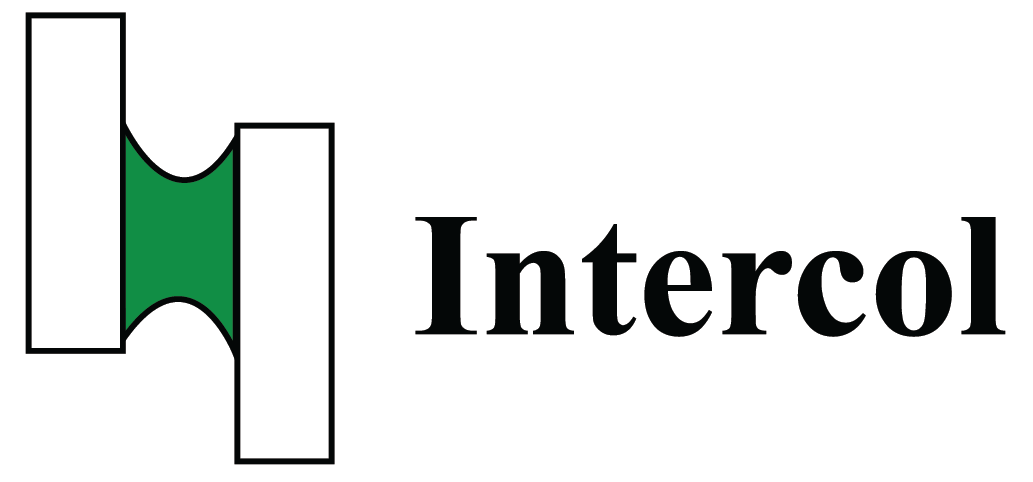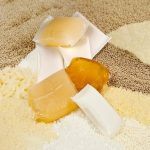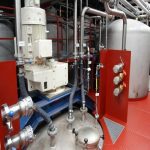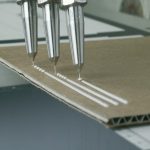Intercol manufacturers dispersion adhesives on an industrial scale since 1970 and has developed its production process ever since. Dispersion adhesives are chemically based on vinyl acetate monomer, used to produce PVAC and EVOH adhesives. Intercol develops and produces a variety of polymer blends based on PVAc homopolymers and VAE (vinyl acetate-ethylene), co-, -terpolymers, and biobased polymers like starch, protein and dextrin.
PVAC adhesives
PVAc adhesives are based on polar, hydrophilic homopolymers. These adhesive provide strong adhesion and cohesionand are often used as white wood glue grade for constructional purposes.
Main advantages:
- Very good cohesion and adhesion to porous substrates
- High heat resistance
Copolymer VAE adhesives
Copolymer dispersion adhesives are based on VAE polymers. It is often seen as a white emulsion in an aqueous environment and is VOC, solvent-free.
The cooperation between vinyl acetate and ethylene monomers in a copolymer VAE dispersion based adhesive provide a range of technical high-performance benefits. These adhesives are often used in industrial assembly processes because of their efficient adhesive application and environmental responsibility. Flexibility, adhesion and water resistance can be adjusted by varying the adhesive composition.
Copolymer VAE adhesives provide a good adhesion to a wide range of substrates such as wood, paper, metal, plastics, packaging materials and construction materials like concrete
- No need for external plasticizers
- Can be processed at relatively low temperatures (from 0°C to 20°C)
- Good formulation with additives like fillers, pigments, fibres, adhesion promotors and crosslinking agents
- Strong cohesion
- Good compability with heat and fire resistance additives
- Environmental friendly




